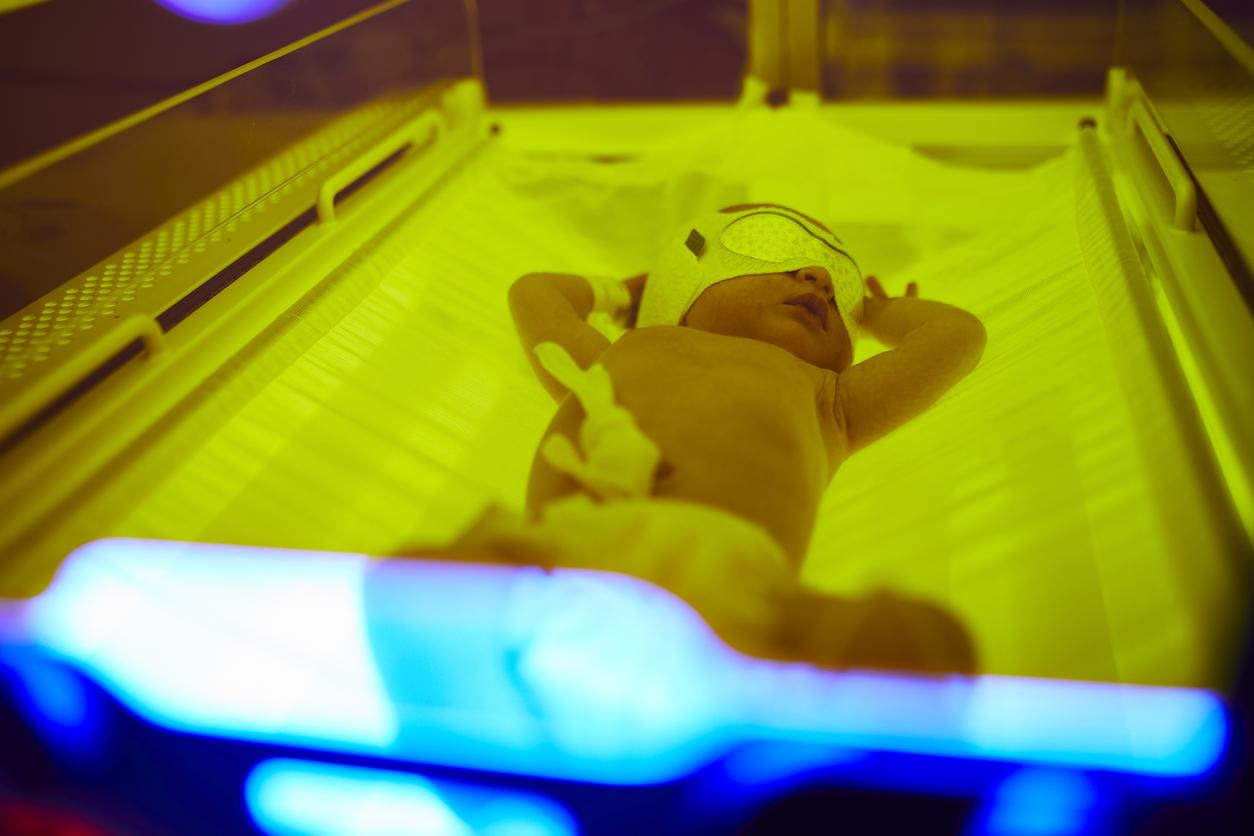This is “the” question one asks oneself when one is diagnosed “positive for Covid-19” following a PCR test: “what is the variant that contaminated me?”. Bad news for the curious: from May 31, 2021, the mention will be removed from the details of the results.
In short: in the event of a positive PCR test, it will no longer be possible to know which variant of the SARS-CoV-2 coronavirus (British variant, South African variant, Brazilian variant, etc.) has infected us. “We are not going to write it anymore. In reality, it doesn’t matter anymore.“reacts François Blanchecotte, the president of the Syndicate of Biologists, questioned by our colleagues from the Parisian.
Tracking genetic mutations rather than coronavirus variants
Indeed: from now on, rather than trying to name the variants in circulation on French soil, specialists will instead focus on the search for genetic mutations. Among them, three are the subject of particularly careful monitoring: the mutations E 484 K, E 484 Q (notably identified in Bordeaux and in the Indian variant) and L 452 R. These are in particular suspected of favoring a ” immune escape”, i.e. compromising the effectiveness of the body’s antibodies.
“Seeing a mutation spread through the population could warn us of the arrival of a fourth wave“says François Blanchecotte.
Currently, according to Santé Publique France, the UK variant (VOC20I/501Y.V1 is its scientific name)”is still clearly dominant compared to the other variants in metropolitan France and elsewhere in the world (Europe, the United States and Canada in particular)“Since it represents around 87% of cases. The South African variant, meanwhile, represents 6.8% of infections in France.
Read also :
- Brazilian variant P1: what we know
- Covid-19: what is the universal vaccine?
- Covid-19: will vaccines (really) manage to put an end to the coronavirus epidemic?
















